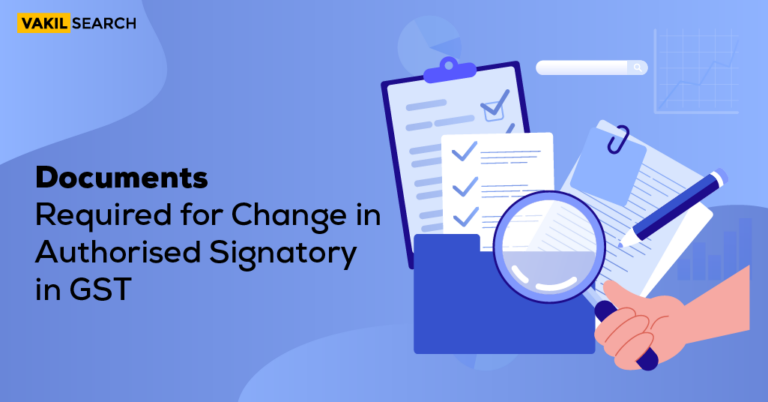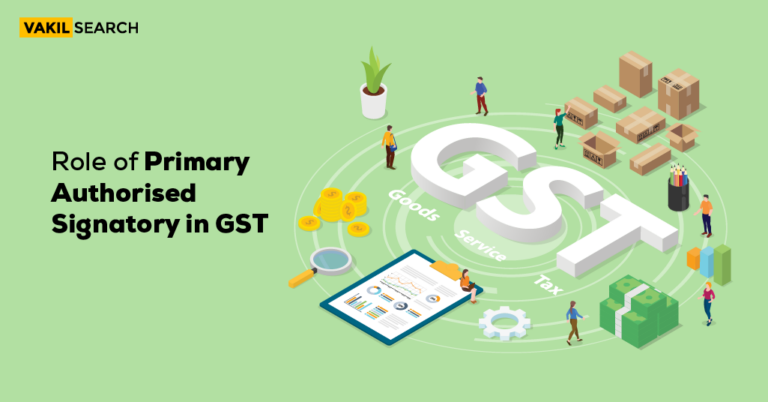Notification No. 10/2019-Central Tax gave exemption from registration to any person who engages in the sole supply of goods and whose annual turnover does not exceed ₹40 lakhs.
Understanding the ₹40 Lakhs Threshold
GST Registration Limit 40 Lakhs – Initially, when GST was rolled out, the exemption limit for registration was ₹20 lakhs for goods. However, in a bid to offer relief to small businesses and considering the challenges faced by them, the GST Council decided to raise this limit to ₹40 lakhs for suppliers of goods. The essence of this decision lies in its objective: to reduce the compliance burden on micro and small enterprises. By increasing the threshold, many small traders and manufacturers are exempted from the rigors of GST registration and compliance.
Notification No. 10/2019-Central Tax dated 7th March 2019
The new GST registration online threshold for those engaged in the supply of goods has been raised to 40 lakhs (save for those making intra-state supplies in the states of Arunachal Pradesh, Manipur, Meghalaya, Mizoram, Nagaland, Puducherry, Sikkim, Telangana, Tripura, and Uttarakhand).
- Except for ice cream sellers and other edible ice, whether or not containing chocolate;
- Pan masala, tobacco, and manufactured tobacco alternatives,
- Those who are obliged to register under Section 24.
On the other hand, the GST registration barrier for service providers remains at ₹ 20 lakhs and ₹10 lakhs for the special category states.
GST Registration Limit of 40 Lakhs – Exceptions to the Rule
While the ₹40 lakh limit seems straightforward, there are exceptions:
- Special Category States: For states categorized as special under the GST Act, the threshold remains half, i.e., ₹20 lakhs. These states include Arunachal Pradesh, Manipur, Meghalaya, Mizoram, Nagaland, Puducherry, Sikkim, Telangana, Tripura, and Uttarakhand.
- Service Providers: The threshold for service providers is different. For them, the GST exemption limit stands at ₹20 lakhs and ₹10 lakhs for special category states.
Benefits of the GST Registration Limit of 40 Lakhs Threshold
- Eased Compliance: With the higher threshold, numerous small businesses are freed from the intricate paperwork and detailed compliance associated with GST. This allows them to focus on their core operations without the overhead of regular GST filings.
- Boost to MSMEs: Micro, Small, and Medium Enterprises (MSMEs) form the backbone of the Indian economy. The increased limit ensures that many of these enterprises can operate without the added financial and operational pressure of GST.
- Growth Opportunities: Without the need for GST compliance, many small businesses can now explore more aggressive growth strategies, leading to an overall boost in economic activity.
Maximize your input tax credit – Click here to use our GST Calculator for optimal tax planning.
Compulsory GST Registration Under Section 24 of the CGST Act, 2017
The following individuals are required to register under Section 24(1) of the CGST Act 2017, even if their aggregate turnover is less than the set threshold limit, and are exempt from registration under Section 22. (1).
- Despite the threshold hold limit, anyone who makes an interstate taxable supply of goods must register. However, if the total annual revenue of the company is less than the threshold, no registration is required.
- Regardless of the threshold hold limit, casual taxable individuals making taxable supplies must register.
- Regardless of the threshold limit, those who are obligated to pay tax under reverse charge are required to register.
- Mandatory registration is necessary for those who are obligated to pay tax under Section 9(5).
- Any non-resident taxable person who makes a taxable supply must register, regardless of the threshold hold limit.
- Whether or not registered under the GST Act 2017, persons who are obligated to deduct tax under Section 51 (TDS) must register separately as a tax deductor.
- Even if their annual turnover is less than the threshold, people who offer goods or services on behalf of other taxable persons, whether as an agent or otherwise, must register under GST.
It must be emphasized that only C&F agents that stock and sell items on behalf of the Principal are obliged to register. Ordinarily, commission agents who do not engage in products or services themselves are not obliged to register if their annual revenue is less than the threshold for the same.
- Input service distributors must register as an ‘Input Tax Distributor’, whether or not they are registered under the CGST Act 2017.
- Persons who supply products or services or both through such an electronic commerce operator must register compulsorily under the CGST Act, with the exception of supplies mentioned under Section 9(5).
- Every individual providing online information and database access or retrieval services (OIDAR) from a location outside India to a person in India, other than a registered taxable person, is obliged to register under GST.
- Mandatory registration is necessary for any other person or class of individuals that the Central Government or a State Government may notify based on the GST Council’s recommendations.
- Unless he is liable under reverse charge, a person dealing exclusively in exempted items is not obliged to register under GST.
Also, Read:










